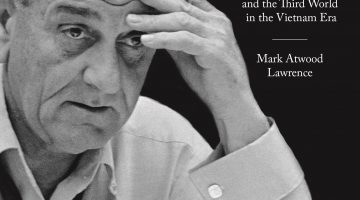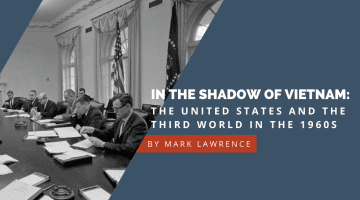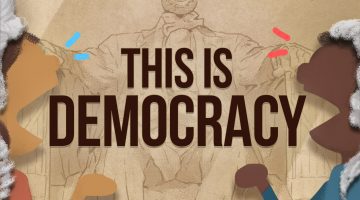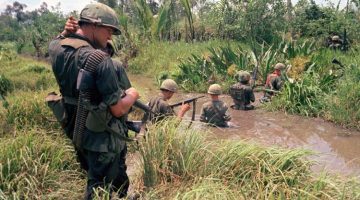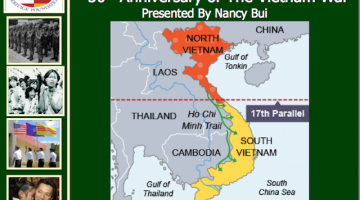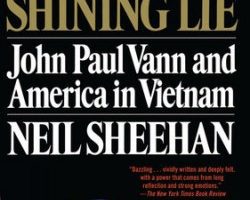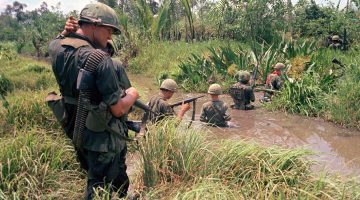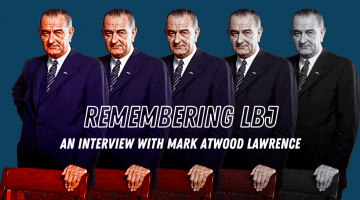
From the editors: January 22nd, 2023 marked the passage of fifty years since the death of former president Lyndon Baines Johnson, a man whose remarkable but also controversial career in public life looms large both over the history of his home state of Texas and the United States as a whole. To better understand LBJ’s […]
